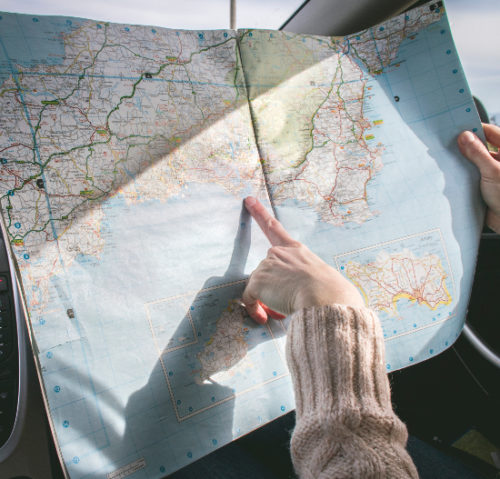by: Leslie Campos
Exploring the world is an exciting and rewarding experience, but it can come with unexpected challenges. If you get sick while traveling, there are steps you should take to protect yourself and make sure you have a safe and successful trip. At bnbfinder, we’ve compiled a list of tips to help you navigate this situation.
Take All Prescribed Medications
If you are taking prescription medications for any health issues, it is important to always take them as prescribed. Make sure that your travel plans do not conflict with the medication schedule provided by your doctor. Additionally, make sure that you bring enough medication for the entire duration of your trip in case something unexpected happens.
Staying Healthy
Staying hydrated while traveling is essential for your health and well-being. Drink plenty of water to stay hydrated and prevent potential fatigue and other related health issues. Consume healthy food such as fruits and veggies to give your body the right nutrients it needs on the journey while avoiding unhealthy processed foods that may cause digestive issues.
Temperature Monitoring
Having a thermometer is essential when traveling if you start feeling under the weather. It’s important to monitor fevers in order to detect any potential illnesses that may be developing before they become more serious. Most pharmacies carry digital thermometers which are easy to use and store away in small spaces like suitcases or handbags for later use if needed.
Avoid Exhausting Exercise
If you feel unwell while traveling, it is important to take rest and avoid strenuous activities. Pushing yourself too hard could worsen the illness or cause further complications if not treated quickly. To ensure full recovery, take a break from running or any other physically challenging activity until the sickness has passed.
Benefits of Using a PDF Tool
If you experience worsening symptoms while traveling, it’s essential to visit an emergency care center right away. PDF software applications can prove helpful in easily sending back home the documents associated with the outcomes of your visit. Electronic files are useful and make access easier than ever before — and if you’re looking for a way to change file formats, here’s an option to help with your search that won’t cost you a dime.
Emergencies Contact Person
Having someone back home can be a great asset and peace of mind when traveling abroad. Knowing that there is someone who knows your current status and whereabouts at all times can give you the reassurance that if something were to happen, help would be able to be sent quickly. Therefore, it is important to choose wisely who you share this information with ahead of time.
Study Food Safety Risks
Food safety is of utmost importance when traveling, especially to countries with less stringent food regulations. Researching food-borne illnesses common in the area, avoiding raw foods, and drinking bottled water can help keep travelers healthy and safe. Taking these precautions before embarking on any journey is key to avoiding unpleasant surprises.
Must-Have Docs When Traveling
When traveling abroad, especially alone, it’s essential to have both passports and ID cards at the ready. Keeping them accessible in airports, bus terminals, and other places assists with being prepared for any eventuality. It’s also a good idea to have extra copies of visas (if applicable) as a backup in case the originals get damaged or lost. Having this extra security gives travelers peace of mind.
Traveling is an incredible experience, but it’s important to plan ahead to ensure that your journey goes smoothly. Taking all necessary medications, staying hydrated and eating nutritious food, and accessing your digital medical records can give you peace of mind while abroad. By being proactive in taking steps to prepare for unexpected illnesses while traveling, you can make sure that your journey is successful and enjoyable.
bnbfinder is here to help hosts and travelers connect more easily.




